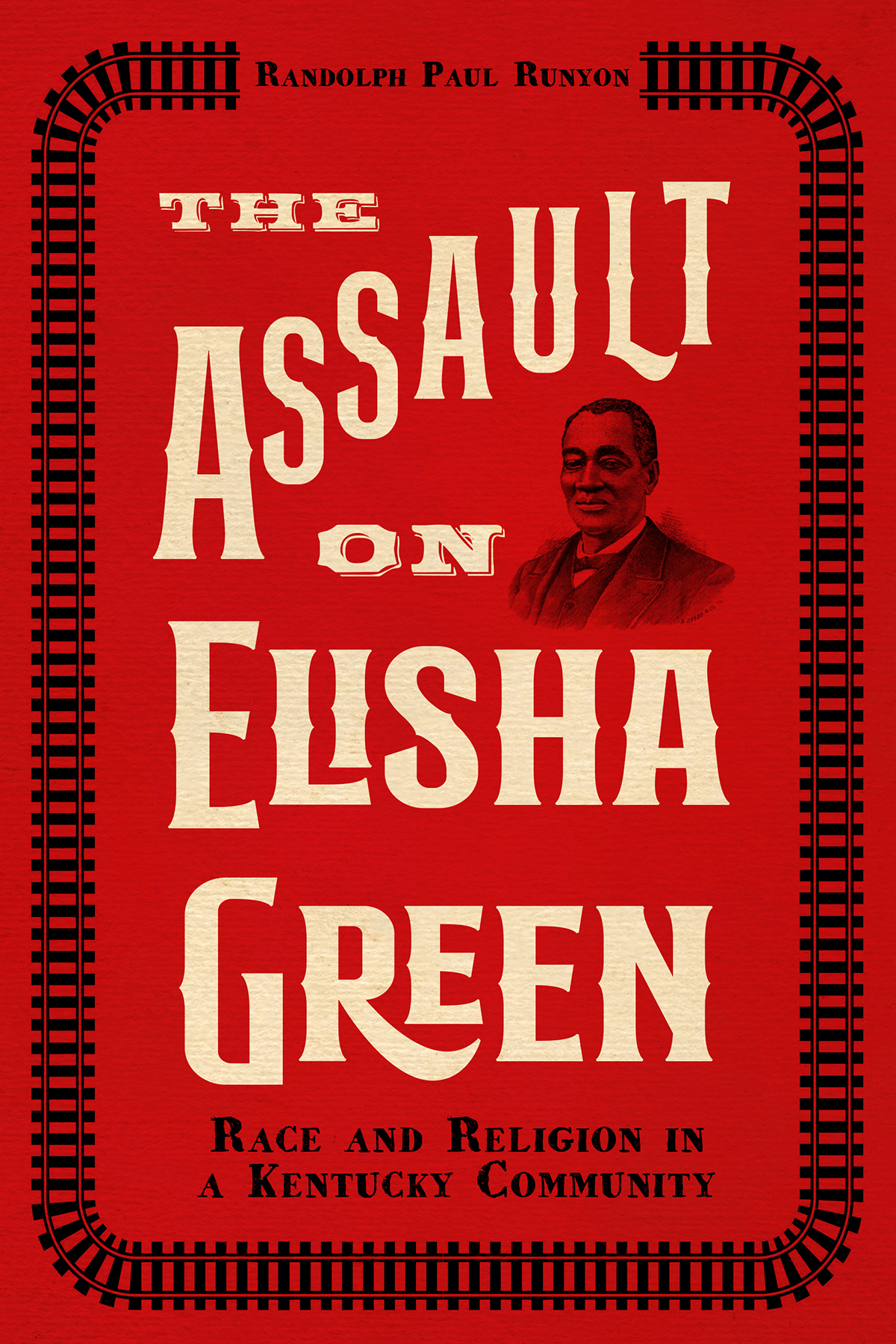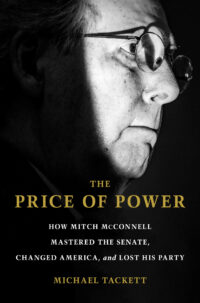On June 8, 1883, Rev. Elisha Green was traveling by train from Maysville to Paris, Kentucky. At Millersburg, about forty students from the Millersburg Female College crowded onto the train, accompanied by their music teacher, Frank L. Bristow, and the college president, George T. Gould. Gould grabbed the reverend by the shoulder and ordered him to give up his seat. When Green refused, Bristow and Gould assaulted him until the conductor intervened and ordered the assailants to stop or he would throw them off of the train. Friends advised Green to take legal action, and he did, winning his case against his assailants in March 1884, though with only token compensation. The significance of this case lies not only in the prevailing justice of the 1800s, but also in the fact that a black man won a lawsuit against two white men.
In The Assault on Elisha Green: Race and Religion in a Kentucky Community, historian Randolph Paul Runyon recounts one man’s pursuit of justice over violence and racism in the nineteenth century. He tells the story of Green’s life and follows the network of relationships that led to the event of the assault. Tracing these three men’s lives brings the reader from the slavery era to the eve of the First World War, from Kentucky to New Mexico, from Covington to the Kentucky River Palisades, with particular focus on Mason and Bourbon Counties. In this engagingly written tale, Runyon masterfully interweaves background information with the immediacy of the harrowing attack and its aftermath, revealing the true character of the primary actors and the racial tensions unique to a border state.







